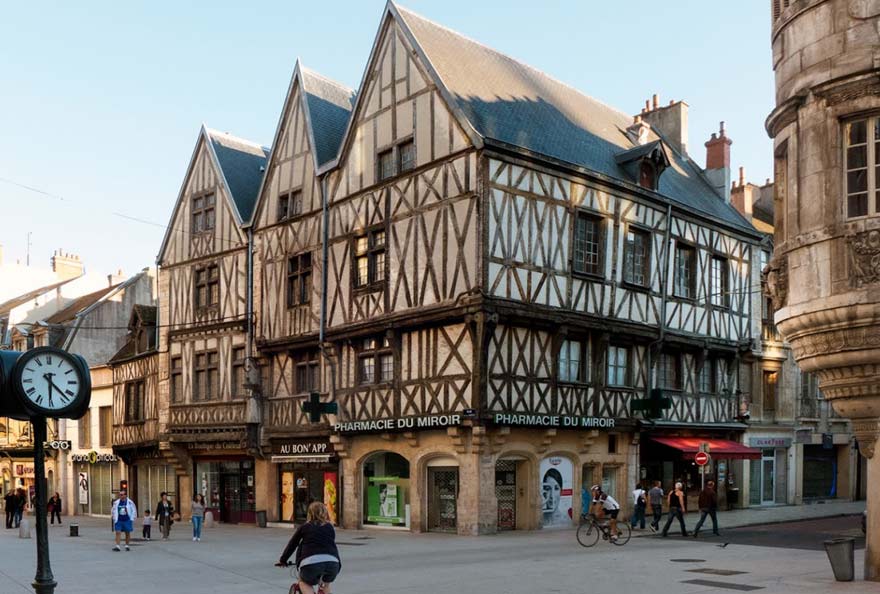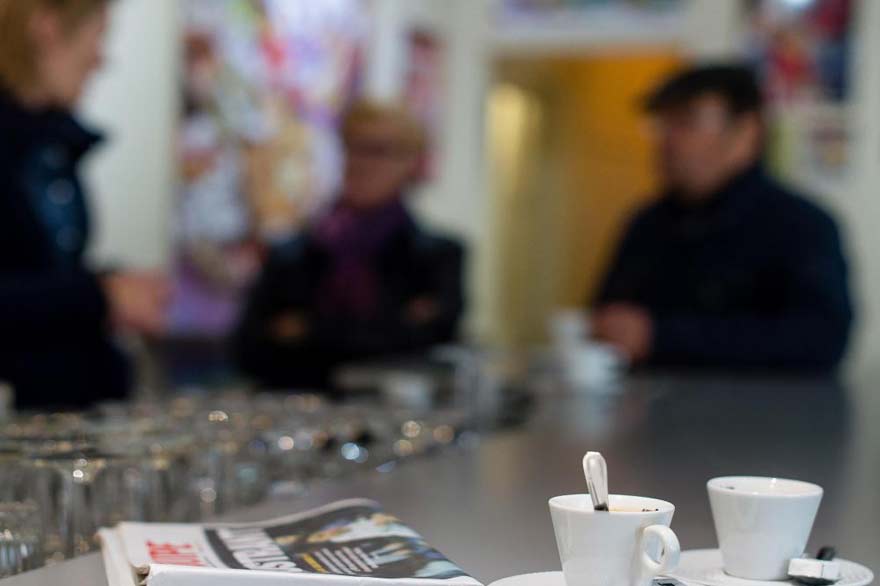OnDijon : A novel approach to an intelligent metropolis

The cross-cutting nature of public services in the heart of the metropolis 3.0

OnDijon, an intelligent metropolis project for :
- facilitate the mobility of the inhabitants, with simple and adapted tools to choose the fastest means of transport to get around, check availability and reserve parking spaces in advance
- improve the quality of service on the road: by allowing citizens to report problems on the road or garbage collection,
- generalise administrative simplification,
– strengthen the security of public space through the coordination of public security actions and the implementation of decision support tools in the event of a crisis.
- to increase the involvement of the inhabitants in the life of the metropolis, with a generalisation of the process of participative democracy.
The intelligent metro: the ground for renewed public-private partnerships
Data: a common good that creates value
A Replicable Model for Medium-Sized Communities
OnDijon in numbers:
- A €105 million contract, including €53 million in investments
- Renovation of more than 34,000 light points
- 100% LED-65% energy saving at the end of the contract
- 205 geolocated vehicles and 130 equipped with radios
-113 junctions and 180 buses equipped with bus priority
- Renewal of 269 cameras
- Renewal of 26 kiosk sites
- 180 buildings operated in safety and security, including 13 renovated buildings, all of which are connected to the PPC.
- More than 140 km of optical fibre deployed












